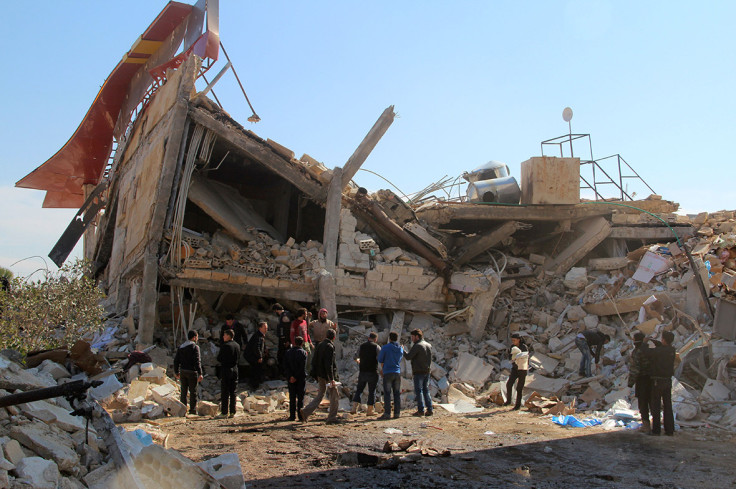UN calls for end to attacks on hospitals and health care workers in war zones

The United Nations Security Council has adopted a resolution that seeks protection for healthcare workers, the sick and wounded and hospitals and clinics, in war zones. The resolution highlights the rising number of attacks on patients and hospitals in war zones, the latest of which was in Aleppo, Syria. At least three people were killed in a rocket attack by rebels, and 19 in shelling in government-held areas.
The resolution also comes at a time when the Pentagon has categorically denied that its attack on a hospital in Afghanistan's Kunduz province was a war crime. The resolution was drafted by New Zealand, Spain, Uruguay, Japan and Egypt who are non-permanent members of the Security Council, AFP reported. The resolution said deliberate attacks on medical personnel constitute a war crime.
The council also demanded that all member states comply with the resolution by facilitating humanitarian access and developing domestic legal frameworks to protect health facilities and medical workers. It urged training for armed forces so that they understand their obligations, and prosecuting those responsible for such attacks and other violations.
UN Secretary General Ban Ki Moon told the Security Council that it is a violation of international law to deny patients access to health care. He said: "All too often, attacks on health facilities and medical workers are not just isolated or incidental battlefield fallout, but rather the intended objective of the combatants. This is shameful and inexcusable."
British diplomat Mathew Rycroft said while a provision already exists under international law for protection of hospitals, this resolution will demand compliance.
The session was also attended by the International Committee of the Red Cross President, Peter Muarera, and Dr Joanne Liu, International President of Medecins San Frontieres (MSF).
Liu told the council: "You are charged with protecting peace and security. Yet four of the five permanent members of this council have to varying degrees, been associated with coalitions responsible for attacks on health structures over the last year. These include the Nato-led coalition in Afghanistan, the Saudi-led coalition in Yemen and the Russia-backed Syria-led coalition."
© Copyright IBTimes 2025. All rights reserved.





















